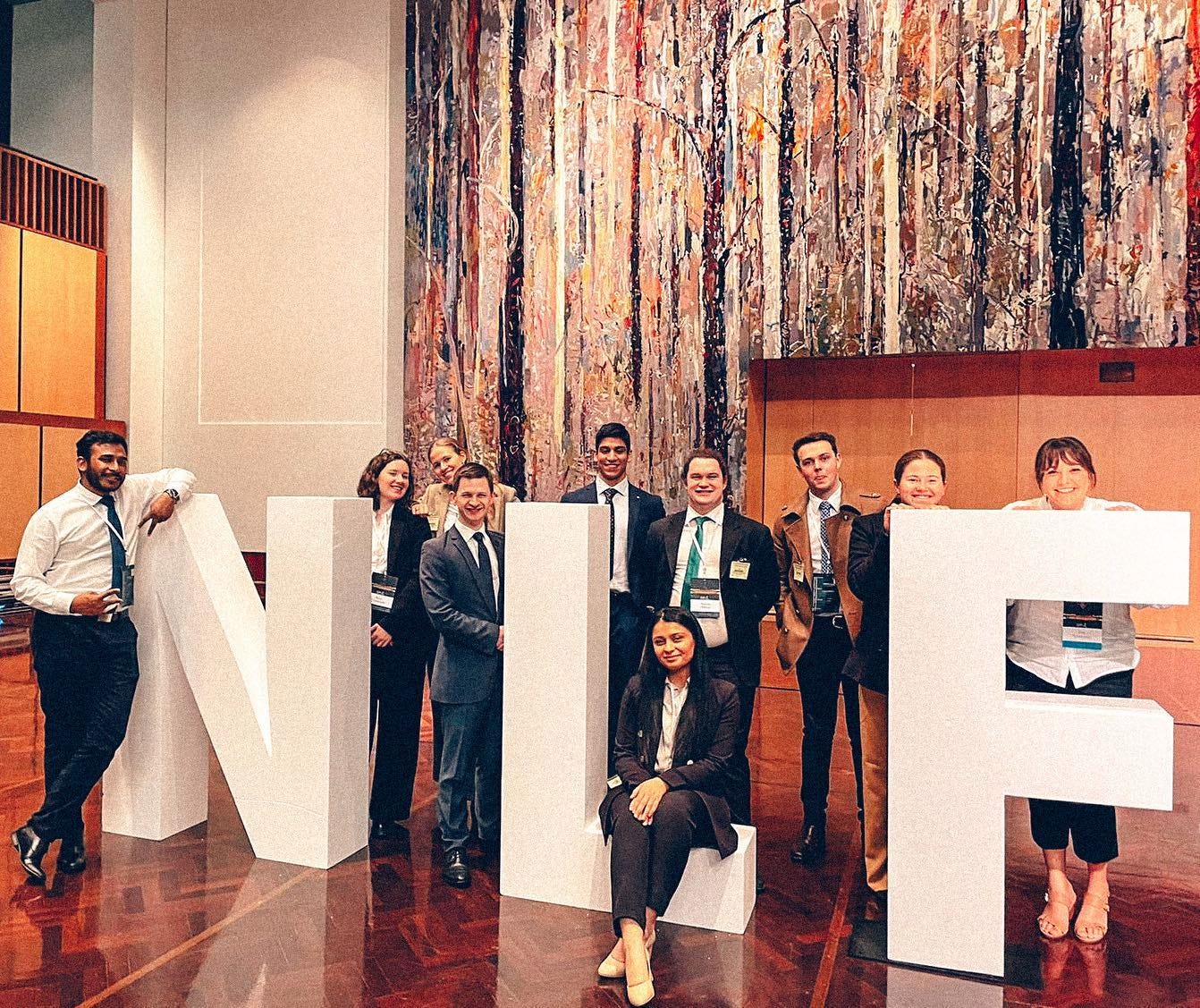Lead Yourself Before You Lead Others
Even servant leadership starts with one key act of serving yourself.
A few weeks ago I had the privilege to attend the revived National Leadership Forum as a small group facilitator. I last attended as a delegate in 2011. It was striking how immersed was this cohort of young leaders in the vocabulary of mental health, social justice and generational identity. But in other respects, this forum was a durable, often self-conscious replication of its 20 predecessors, and indeed most such leadership conferences. A mix of lectures, activities, guest speakers and small group discussions gave delegates some ideas about leadership and a chance to digest and apply them.
NLF’s defining feature, though, is not so much an activity as an overarching idea. I won’t focus on how it is delivered, partly because I don’t wish to spoil it, but I love it because it dispels one common limiting belief held by many young leaders, and because it sits in beautiful tension with another common belief about leadership.
First, the limiting belief: Leadership often feels less like a thing that arises between people, and more like a personality trait. Most of us can identify a natural leader in our friend group, or in our family, or in a club or sports team. This makes leadership qualities seem more essential and fixed, rather than learned or changeable. It leads to people who have lots of leadership potential choosing to stay quiet rather than speak up, and that’s a loss for themselves and others.
The central idea of NLF is that everyone has a story, and your leadership journey starts with knowing your own. Or more simply, lead yourself first.
This insight challenges the limiting belief by tying the aspiration of leadership to something that lies in each person, even the person full of self-doubt. It also helps them recast their experiences as part of an origin story on the way to a brighter future - a reaffirming frame that enables someone to start thinking of themselves as a leader. That sense of identity is a key step towards confidence. More detailed introspection over time can yield revelatory truths, such as your most prized values and ambitious goals. These can bring clarity of purpose and direction that open up your path and even make you feel empowered to change the world.
‘Know thyself’ also recognises that leadership is highly personal and individual. It would not make much sense to study it just by breaking down its abstract features or even reviewing case studies. Moving people to action is a bit like how actors stir emotions through a convincing performance. They find the truth not by imagining the situation objectively, but by relating to it as personally and intimately as possible, resulting in a performance as unique as their fingerprint. In the same way, trying to lead like someone else is like trying to smile by showing the same number of teeth as someone else. The path to a convincing performance by you is not through study or emulation, but self-knowledge.
Learning your own story also inevitably deepens appreciation of the diversity of stories around you. You never look at a group or a team in quite the same way again. Behind every smile and pair of eyes, you don’t know what’s there, but you know there’s something. A dramatic biography of mountains and valleys that has bequeathed a set of values and feelings that are complex and personal and unique. This isn’t just about empathy, although that’s critical. It’s about fine-tuning the instincts to anticipate how a diverse team may react to a problem, how near or far they are at this moment from consensus, and how you might gently push or pull to help the group move forwards together.
Yet this inward-looking idea - enlightenment through introspection - rubs against other popular leadership advice: look outwards. Make it about them, not you. Servant leadership.
Both principles are priceless, but one is a superior foundation to the other. The most enduring motivation to serve others stems from the wish to honour them as people - and this is a hard habit to sustain without a sense of your own person. Ralph Waldo Emerson, a Christian, interpreted the maxim, ‘Know thyself,’ as an analogue for, “God in thee.” In other words, it was a calling to find the part of you that is holy. From recognising one’s own ‘holiness,’ or simply self-worth, it is a much shorter bridge to finding the same worth in people around you.
Students at NLF put in hard yards to reflect on their journeys and how their past experiences have shaped the values they hold today. Some details are recorded in private while others may be shared in a trusting confidential space. Reflection can be tedious or uncomfortable, so sometimes it helps to have a friend who you trust to have honest conversations. But it’s worth it. If you are unsure about your own leadership potential, the first step to finding it is to look inside.




